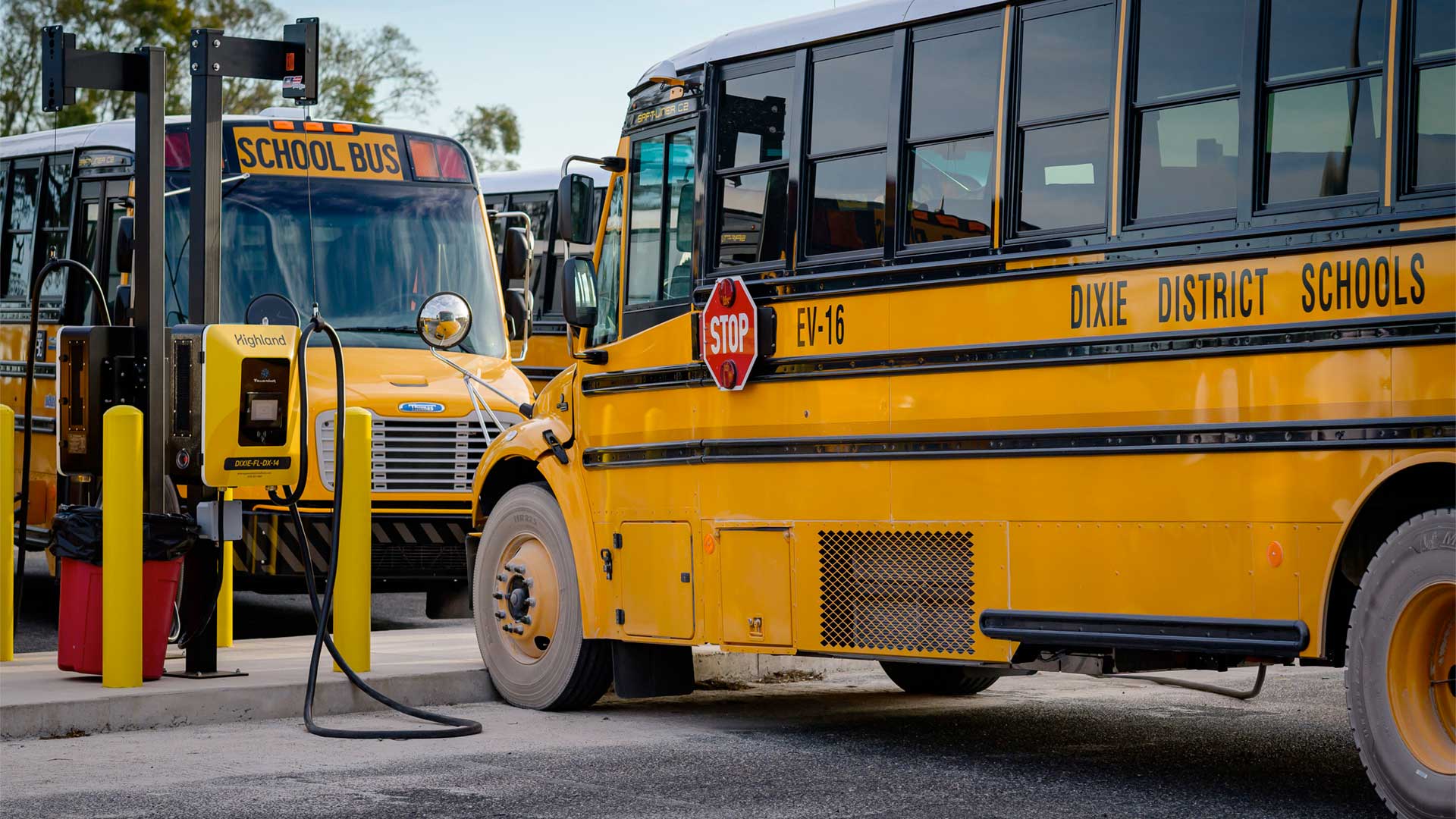Any big business investment comes with a lot of red tape. You need to check it fits your budget, and if your purchase and sale agreement holds up. In this article, we’ll show you exactly how to navigate your company’s latest purchase.
Types of Major Business Investments
There are plenty of different business transactions that you’ll need to verify with a purchase and sale form. This document stands as legal proof of a purchase, confirming your new ownership in the process. Here are a few examples of major business investments:
● Capital equipment for your company’s core operations.
● Licenses for any software necessary for daily tasks.
● Real estate purchases when opening a new office or HQ.
● Acquiring another firm — or merging with them entirely.
● Buying the rights to operate a brand’s new franchise.
● Arranging a vehicle fleet to carry out services/deliveries.
Any of these will benefit from a purchase and sale agreement. These documents set out the full scope of a transaction. They make sure both sides know what to expect. For example, you’ll get a full description of the items you’re buying. If this isn’t accurate, you can take legal action.
Navigating an Upcoming Purchase
Any business must keep a close eye on both its budget and operating expenses. Take them into account before making any new purchases.
For example, could it be cheaper to lease equipment instead of buying it? “As-a-service” setups are especially popular in recent years. This lets you access software, hardware, and more via a scalable subscription plan.
The hope with any investment is that it’ll help your company grow. A merger, for example, could mean breaking into new markets or opening a second location. You must plan for your long-term future just as much as you plan for tomorrow.
Make sure you carry out extensive market research. Are you investing in trending technologies? If so, can you confirm these trends are here to stay?
What Your Purchase and Sale Agreement Needs
A purchase contract is important in any large-scale transaction. These documents will lay out a sale’s specific conditions. Make sure you use a free online template. Here’s what your purchase agreement needs to be legally binding:
● Names and dates: At the most basic level, any PSA should have both your name and a seller’s name. Make sure the document also has a clear date.
● Contact information: Add your business address to the document. If the seller needs to send you a notice or waiver, they’ll know where it needs to go.
● Full description: The seller has a responsibility to inform you about an item’s condition. If you notice any problems with it, bring them up before you sign.
● Payment details: Your PSA will also highlight how you intend to pay. The seller can set up a specific payment schedule if that works better for you.
● State law: Make sure your purchase contract clearly says which governing laws you’ll be following. You must agree on this with the seller in advance.
● Dispute resolution: Contracts of all kinds must have a clause to deal with disputes. Set out how you and the seller will mediate or resolve disagreements.
Calculating Total Cost of Ownership
It’s important to remember that most business purchases will require some financial upkeep. For example, machinery will require regular maintenance. There will also be energy/operating costs to take into account. Total cost of ownership (TCO) is how these fees add up.
Simply put, TCO combines the initial cost with long-term operational costs. This will also include the fees to train staff in using the new equipment or facility. You’ll use this to determine the firm’s overall return on investment.
You must also consider how your assets might lose value over time. For example, your business might use machines that slowly become outdated. You’ll then eventually have to upgrade them, or even replace them, much sooner.
Complying With Extra Regulations
Will you need any special licenses to go alongside your purchase? For example, if you’re setting up a real estate development project, you must have zoning permits. If you plan to open a store that sells alcohol, obtain a liquor license.
Anything you buy must also follow health and safety laws. This includes those by OSHA and the EPA. For example, industrial equipment should abide by the Clean Air Act.
How you use an item after buying it is often just as important as the purchase itself. Mishandling the purchase in any way could leave your business open to fines. Regulators can even shut the company down entirely.
Final Thoughts
You must be careful when navigating any big business purchase. This includes making sure the purchase agreement you use carries all the right information. If you aren’t careful about this, the whole transaction could end up being voided.


















